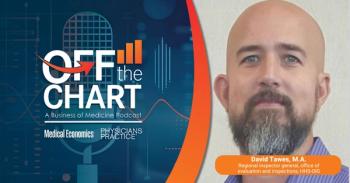
Should I Take Social Security Early?
If you are weighing whether or not to take Social Security early or wait it out, here are a few considerations that you should have.
Full Social Security benefits are paid at what is called the Normal Retirement Age-usually now at age 66-67. Benefits taken before that age (beginning as early as age 62) are reduced by about 7 percent per year and benefits delayed after that age (up to age 70) are increased by 8 percent a year (plus inflation). Note that benefits that other people may derive from your taking Social Security are somewhat dependent on when you take it as well (survivor's benefits for example).
So, what is the best strategy for taking Social Security at any given age? The overwhelming suggestions you will find in the financial press is to wait as long as possible. The traditional "crossover" point at which you recover the lost benefits by not taking early distributions is usually in the 12-14 year range. This means that if you wait till age 70 to take benefits, the increased monthly amount you'd receive will roughly equal the lost money from ages 66 to 70 by the time you reach your early 80s.
In making this "crossover" calculation, however, you are ignoring the large worth of having an inflation adjusted larger benefit for life after the crossover period as well as the larger benefit your surviving spouse might have.
Still, I can think of three good reasons to take Social Security early. The first is if you just need the money. There are a variety in circumstances in which you may be dependent on this income at an early age.
A second reason is if you are reasonably sure your longevity may be impaired. For example, if you are 60 years old and have some serious medical problems, it is probably prudent to take benefits early as you are less likely to reach that "crossover point."
A final and controversial reason to take benefits early is if you believe that the benefits will change for the worse. This may involve a shortfall in funding and a reduction in benefits across the board (currently projected for 2033 if something is not changed). Or, it may be a selective reduction related to means testing (as was imposed by Medicare Part B just a few years ago). Social security benefits are already means tested in that 85 percent are taxable as ordinary income unless you have almost no other income. It is not a far stretch to imagine more onerous means testing in the future.
This last reason is not financial as much as related to one's set of ideas about future Social Security solvency and funding. It is a big decision that should be talked over with a trusted advisor.
Newsletter
Optimize your practice with the Physicians Practice newsletter, offering management pearls, leadership tips, and business strategies tailored for practice administrators and physicians of any specialty.








